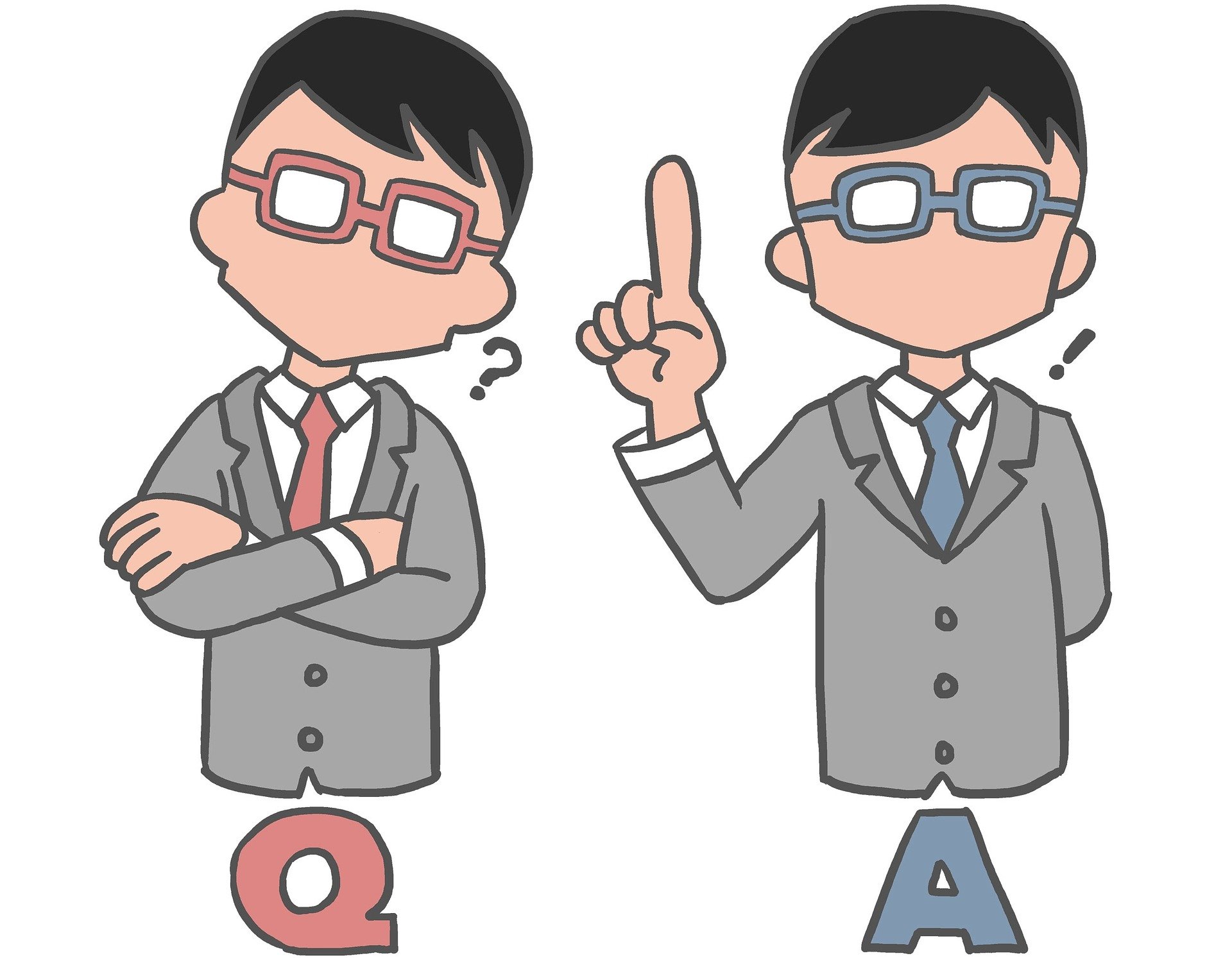SSI & SSDI are two different disability programs under the Social Security Administration.
To be eligible for either program, you will have to meet specific guidelines in terms of age, income, and of course, a disability that hinders or fully stops your ability to earn a wage (work).
First, it is possible for a person to be approved for SSI and be denied for SSDI; each program has different eligibility requirements and different purposes, relating to which populations of disabled adults they can support.
We cover the difference between SSI and SSDI, extensively in our blog. However, in this article we are going to steer more towards denials for SSI and SSDI, and how they may or may not affect each other.
So, What Does a Denial Mean?
A denial from the Social Security Administration (SSA) means that according to the documentation you provided with your application, you may not meet the eligibility requirements for the program. An adjudicator, basically a staff member at the SSA, reviewed the evidence and found it not clear enough for some reason to grant your application for the program (SSI or SSDI or both) that you applied for.
Your denial could mean that you didn’t provide sufficient proof to substantiate your claim for the program you applied for. It could, however, be in complete error. A significant number of disability claims that ultimately get approved are denied at the initial application step. If you get denied for SSI or SSDI, you still may qualify. And it may not be because you did anything wrong at all.
If You’re Denied for SSDI, What Does That Mean for Your SSI Benefits?
To apply for and be granted SSDI, you need to have a work history that includes employment within the last five years. You must also be able to prove that you can no longer hold a job or be considered for a re-training program that will allow you to acquire new skills.
Being denied for SSDI does not mean a guaranteed denial of or a reduction in your SSI benefits. The reason? SSI benefits are predicated on a wholly separate eligibility. For instance, employment is not a pre-requisite of SSI benefits.
The summary here is, NO, you may still be granted SSI even if you are denied an SSDI claim. Why? They are two separate programs.
How Do I Appeal the Disability Denial?
After a denial, you have a choice between filing a new application or an appeal of your existing case.
In most situations where you can still appeal, maybe all – re-applying from the beginning of your claim will not help your situation. Additionally, a new application means a new effective date when your claim is ultimately approved. You might be losing out on months, or years, of benefits, simply by choosing to start over from square one.
If you believe your case holds merit as it is, then an appeal of an existing denial is your best option. One of the big drawbacks of an appeal is that it takes time, sometimes over a year. Moreover, you will almost surely need representation. Why?
Essentially, you’re ratcheting up the complexity of your situation. And if you’re already applying for SSI or SSDI, your situation is complex enough! It’s time to bring in someone that fights the SSA every day.
Complexity, representation, stress, and more are, perhaps, why some choose to try to re-apply from scratch, instead of appealing an erroneous denial. Again, though it may seem like appealing a denied disability claim is harder, the results are certainly worth the effort. And, of course, it’s in your advocate’s best interest to make this process as painless for you as possible.
Don’t Go Through the Process Alone!
If you have applied for either SSI or SSDI and been denied for one or both, your first step should be to hire a reputable disability attorney.
At Joel Thrift Law, we’ve been practicing disability law since 2007. We will walk by your side the whole way and help you get the disability benefits you should have gotten in the first place.
Contact Us Today!

